
The 1964 United States Senate elections coincided with the election of President Lyndon B. Johnson by an overwhelming majority, to a full term. His Democratic Party picked up a net two seats from the Republicans. As of 2019, this is the last time either party has had a two-thirds majority in the Senate, which would have hypothetically allowed the Senate Democrats to override a veto, convict and expel certain officials, or invoke cloture without any votes from Republicans. The Senate election coincided with Democratic gains in the House in the same year.

The 1946 United States Senate elections were held November 5, 1946, in the middle of Democratic President Harry S. Truman's first term.

The United States Senate elections of 1934 occurred in the middle of Democratic President Franklin D. Roosevelt's first term. In the middle of the Great Depression, voters strongly backed Roosevelt's New Deal and his allies in the Senate. The Democrats picked up a net of nine seats, giving them a supermajority. President Harry S. Truman was first elected to the U.S. Senate in the 1934 election. Truman would serve over a decade in the U.S. Senate, before becoming President Roosevelt's third Vice President, before succeeding to the presidency upon the death of President Roosevelt.

The 2002 United States Senate election in West Virginia was held on November 5, 2002. Incumbent Democratic U.S. Senator Jay Rockefeller won re-election to a fourth term.

The 1988 United States Senate election in Missouri was held on November 8, 1988 to select the U.S. Senator from the state of Missouri. Incumbent Republican U.S. Senator John Danforth won re-election.

The 1988 United States Senate election in West Virginia took place on November 8, 1988. Incumbent Democratic U.S. Senator Robert Byrd won re-election to a sixth term.

The 2012 United States Senate election in New Jersey took place on November 6, 2012, concurrently with the 2012 U.S. presidential election as well as other elections to the United States Senate and House of Representatives and various state and local elections. Incumbent Democratic U.S. Senator Bob Menendez won re-election to a second full term.
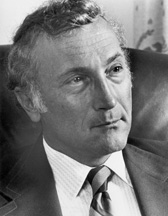
The 1968 United States Senate election in Pennsylvania was held on November 5, 1968. Incumbent Democratic U.S. Senator Joseph S. Clark, Jr. sought re-election to another term, but was defeated by Republican nominee Richard Schweiker.
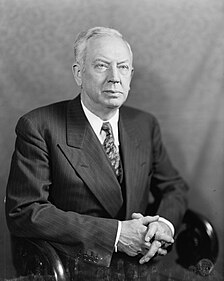
The 1946 United States Senate election in Pennsylvania was held on November 5, 1946. Incumbent Democratic U.S. Senator Joseph F. Guffey sought re-election to another term, but was defeated by Republican nominee Edward Martin.
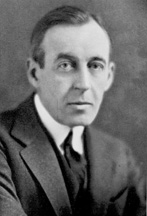
The 1934 United States Senate election in Pennsylvania was held on November 6, 1934. Incumbent Republican U.S. Senator David A. Reed sought re-election to another term, but was defeated by Democratic nominee Joseph F. Guffey.

The 1934 United States Senate elections in Arizona took place on November 3, 1934. Incumbent Democratic U.S. Senator Henry F. Ashurst ran for reelection to a fifth term, defeating Republican nominee Joseph Edward Thompson in the general election by a wide margin.
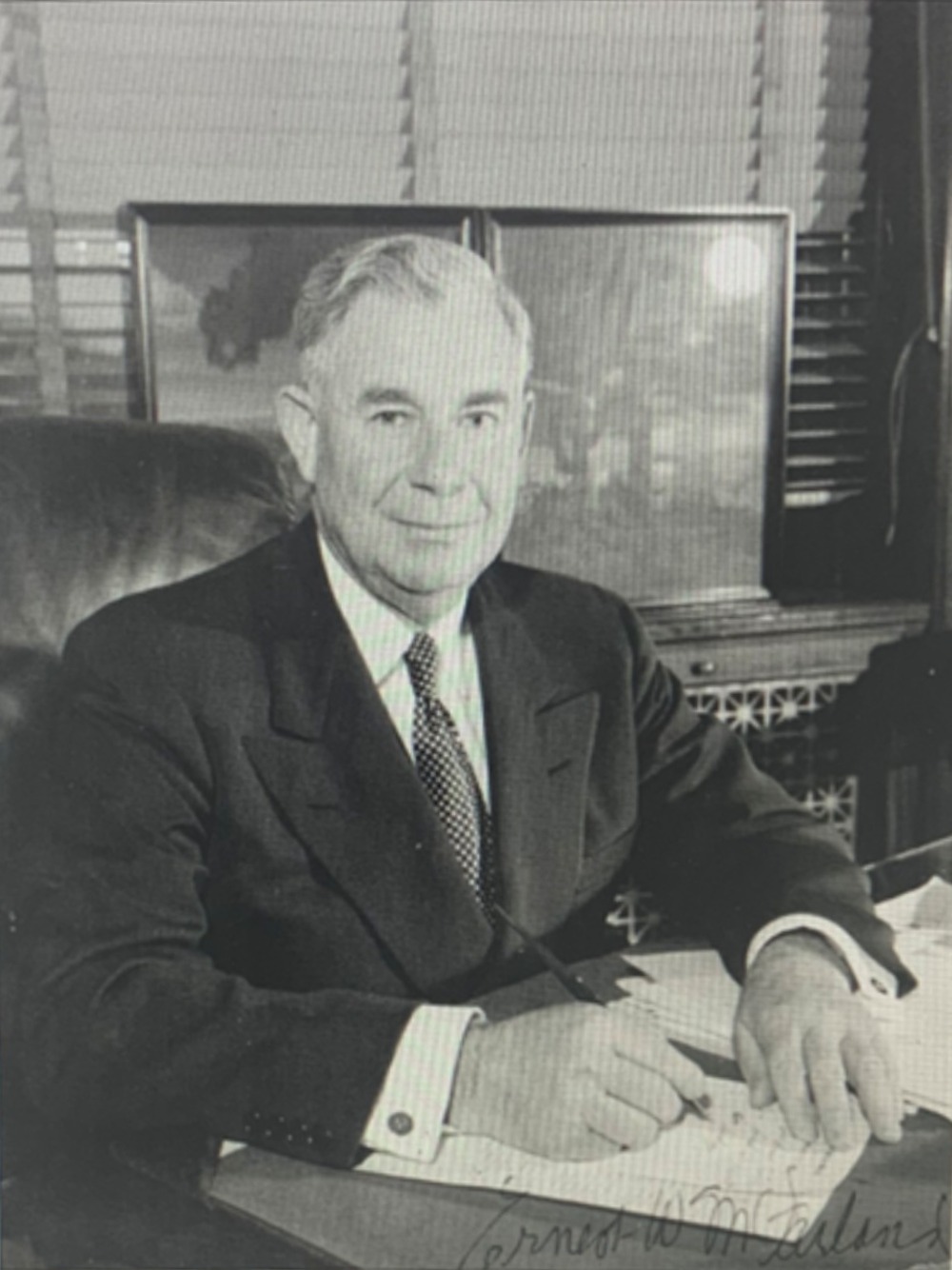
The 1940 United States Senate elections in Arizona took place on November 5, 1940. Incumbent Democratic U.S. Senator Henry F. Ashurst ran for reelection to a sixth term, but was defeated in the Democratic primary to challenger Ernest McFarland.
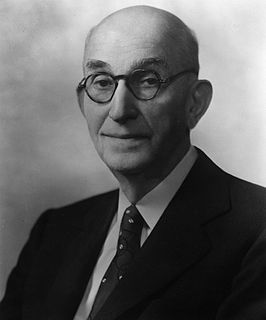
The 1956 United States Senate election in Arizona took place on November 6, 1956. Incumbent Democratic U.S. Senator Carl Hayden ran for reelection to a sixth term, defeating Republican nominee Attorney General of Arizona Ross F. Jones in the general election.

The 1940 United States Senate election in Missouri was held on November 5, 1940. Incumbent Democratic U.S. Senator and future President of the United States Harry S. Truman, who was first elected in 1934, decided to seek re-election to a second term. He narrowly defeated Republican nominee Manvel H. Davis.
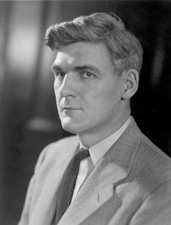
The 1942 United States Senate election in Minnesota took place on November 3, 1942. Incumbent Republican Joseph H. Ball, who had been temporarily appointed by Governor Harold Stassen in 1940 to fill the seat of the deceased Farmer-Labor U.S. Senator Ernest Lundeen, defeated Farmer-Labor former U.S. Senator and former Governor Elmer Benson, independent candidate Martin A. Nelson, and Democratic nominee Ed Murphy, to win election to the full six-year term beginning in January 1943. A special election held on the same date elected Republican nominee Arthur E. Nelson to serve the remainder of Lundeen's unexpired term.

The 1916 United States Senate elections in Arizona took place on November 7, 1916. Incumbent Democratic U.S. Senator Henry F. Ashurst ran for reelection to a second term, defeating Republican former Territorial Governor Joseph H. Kibbey in the general election by a comfortable margin.

A general election was held in the U.S. state of Alabama on November 6, 2018. All Alabama executive officers were up for election along with all of Alabama's seven seats in the United States House of Representatives. Primary elections took place on June 5, 2018, for both major parties.

The 1940 United States Senate election in Minnesota took place on November 5, 1940. Incumbent U.S. Senator Henrik Shipstead defected to the Republican Party of Minnesota from the Farmer–Labor Party of Minnesota, and defeated former Governor Elmer Benson of the Farmer–Labor Party and John E. Regan of the Minnesota Democratic Party to win a fourth term.

The 1990 United States Senate election in West Virginia was held November 6, 1990. Incumbent Democratic U.S. Senator Jay Rockefeller won re-election to a second term.





















